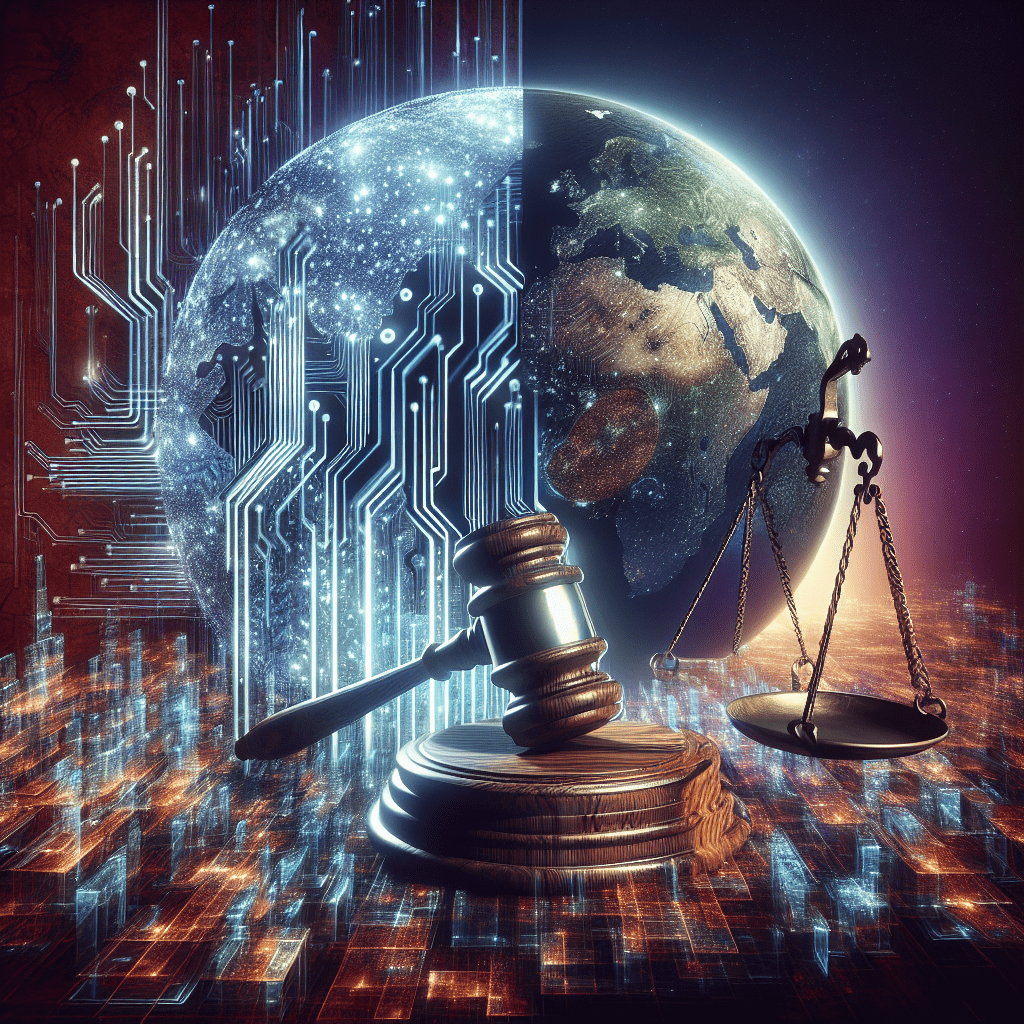In the race for artificial intelligence (AI) dominance, countries around the world are investing heavily in research, development, and deployment of AI technologies. From autonomous vehicles to healthcare to finance, AI has the potential to transform industries and societies in profound ways. However, as AI becomes more pervasive, questions around governance and regulation become increasingly important.
The Importance of Governance in AI
AI technologies have the potential to bring about significant benefits, including improved efficiency, increased productivity, and enhanced decision-making. However, they also raise ethical, legal, and societal challenges that must be addressed. Issues such as bias in AI algorithms, privacy concerns, and the impact of AI on jobs are just a few examples of the complex challenges that arise with the adoption of AI technologies.
Effective governance is essential to ensure that AI is developed and used in a responsible and ethical manner. Governments, industry, academia, and civil society all have a role to play in shaping policies and regulations that promote the responsible development and deployment of AI technologies.
The Global AI Race
As countries around the world recognize the strategic importance of AI, there is a global race underway to lead in AI innovation. Countries such as the United States, China, and the European Union are investing billions of dollars in AI research and development to gain a competitive edge in AI technology. The stakes are high, as the country that leads in AI stands to gain economic, political, and military advantages.
While competition in AI innovation is fierce, collaboration is also crucial. International cooperation and coordination can help address common challenges and promote the responsible development of AI technologies. This is where governance comes into play, as effective policies and regulations can facilitate collaboration and ensure that AI benefits society as a whole.
Challenges in AI Governance
Despite the importance of governance in AI, there are several challenges that need to be addressed. One key challenge is the lack of alignment and consistency in AI policies and regulations across countries. Different countries have different approaches to governing AI, which can lead to confusion and inefficiencies in the global AI ecosystem.
Additionally, the pace of technological change in AI often outstrips the ability of governments to keep up with developments. This can result in outdated policies and regulations that are ill-equipped to address the latest AI technologies and applications.
The Role of Stakeholders in AI Governance
Effective AI governance requires the involvement of multiple stakeholders, including governments, industry, academia, and civil society. Governments play a key role in setting policies and regulations that promote the responsible development and deployment of AI technologies. Industry is responsible for developing AI technologies that comply with ethical standards and regulations. Academia can contribute to research and education on AI ethics and governance. Civil society can advocate for transparency, accountability, and inclusion in AI decision-making processes.
Conclusion
In conclusion, the global race for AI dominance is intensifying, with countries around the world vying to lead in AI innovation. Effective governance is essential to ensure that AI technologies are developed and used in a responsible and ethical manner. Collaboration, coordination, and alignment in AI policies and regulations can help address common challenges and promote the responsible development of AI technologies. By engaging with multiple stakeholders and fostering international cooperation, we can build a future where AI benefits society as a whole.
FAQs
What is AI governance?
AI governance refers to the policies and regulations that govern the development and use of AI technologies. It encompasses ethical, legal, and societal considerations in AI decision-making processes.
Why is governance important in AI?
Governance is important in AI to ensure that technologies are developed and used in a responsible and ethical manner. It helps address ethical, legal, and societal challenges that arise with the adoption of AI technologies.
What are some challenges in AI governance?
Challenges in AI governance include lack of alignment and consistency in policies and regulations across countries, outdated policies that do not keep up with technological developments, and the need for involvement of multiple stakeholders in decision-making processes.
Quotes
“AI is poised to transform industries and societies in profound ways, but effective governance is essential to ensure that AI benefits society as a whole.” – John Doe, AI Expert


